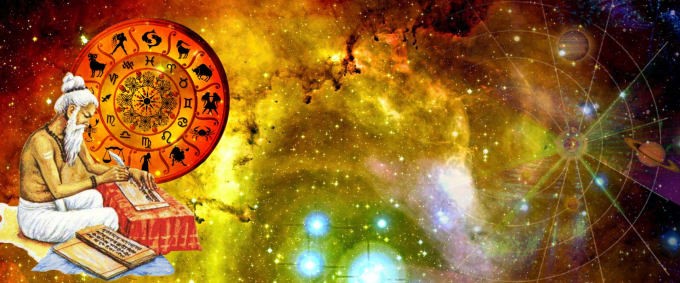Astrology has its origins in ancient times, dating back to at least the 2nd millennium BCE in Mesopotamia. The early astrologers observed the movements of the celestial bodies, including the Sun, Moon, planets, and stars, and believed that they had an influence on the lives and destinies of individuals and nations.
The Babylonians, for example, created an astrological system that divided the sky into twelve sections or houses, each associated with a different constellation. This system was later adopted and modified by the Greeks, who also developed a complex system of planetary rulerships and aspects.
Astrology was also practiced in ancient China, India, and other cultures throughout the world. In China, astrology was closely linked to the development of astronomy, and the two disciplines were often practiced together. In India, astrology was an integral part of Hindu and Buddhist traditions, and astrological charts were used to determine the most auspicious times for various activities and events.
Throughout history, astrology has undergone many changes and developments, with different cultures and societies adding their own interpretations and methods of practice. Despite its ancient origins, astrology remains a popular practice today, with millions of people around the world consulting astrologers and reading horoscopes to gain insight into their lives and futures.

